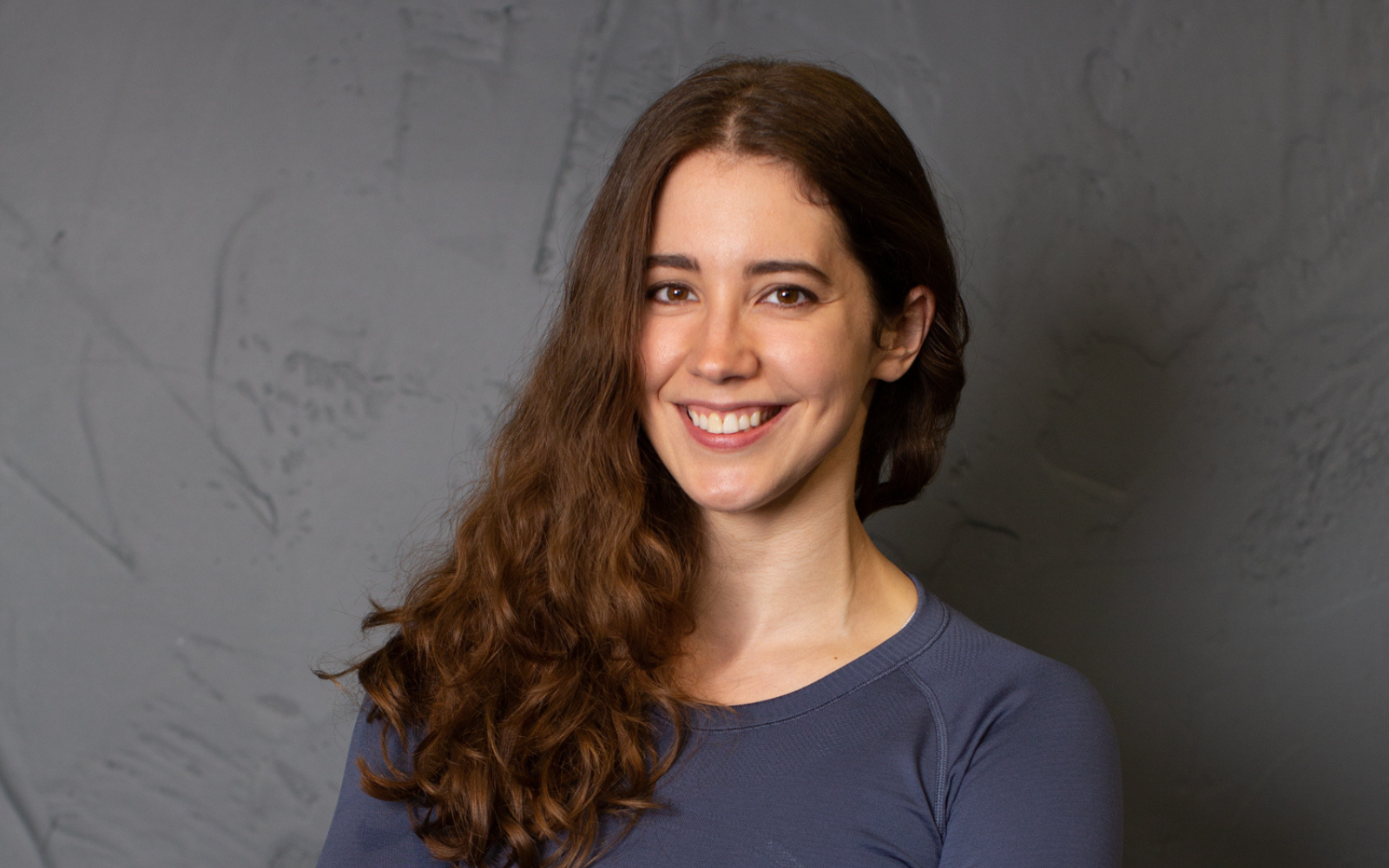

Creatine for Women: Bulky vs Tones Muscle - What to Expect
Does creatine for women cause bulk? Learn how creatine helps women build toned, strong muscles, not bulky ones. Safe, effective, and results-driven.
Can Creatine for Women Make You Puffy? The Truth About Water Weight
Does creatine for women cause water weight or puffiness? Learn the truth about hydration, tone, and how creatine actually helps you look and feel leaner.
When Do You Actually Feel Creatine Working? Realistic Timeline for Women
Discover how long it takes for creatine to work for women. Learn what to expect in weeks 1, 4, and 12, and how to maximise results naturally.
Share:
Chronic pain and mental health: What's the link?
Nutrition during pregnancy: The do's and don'ts